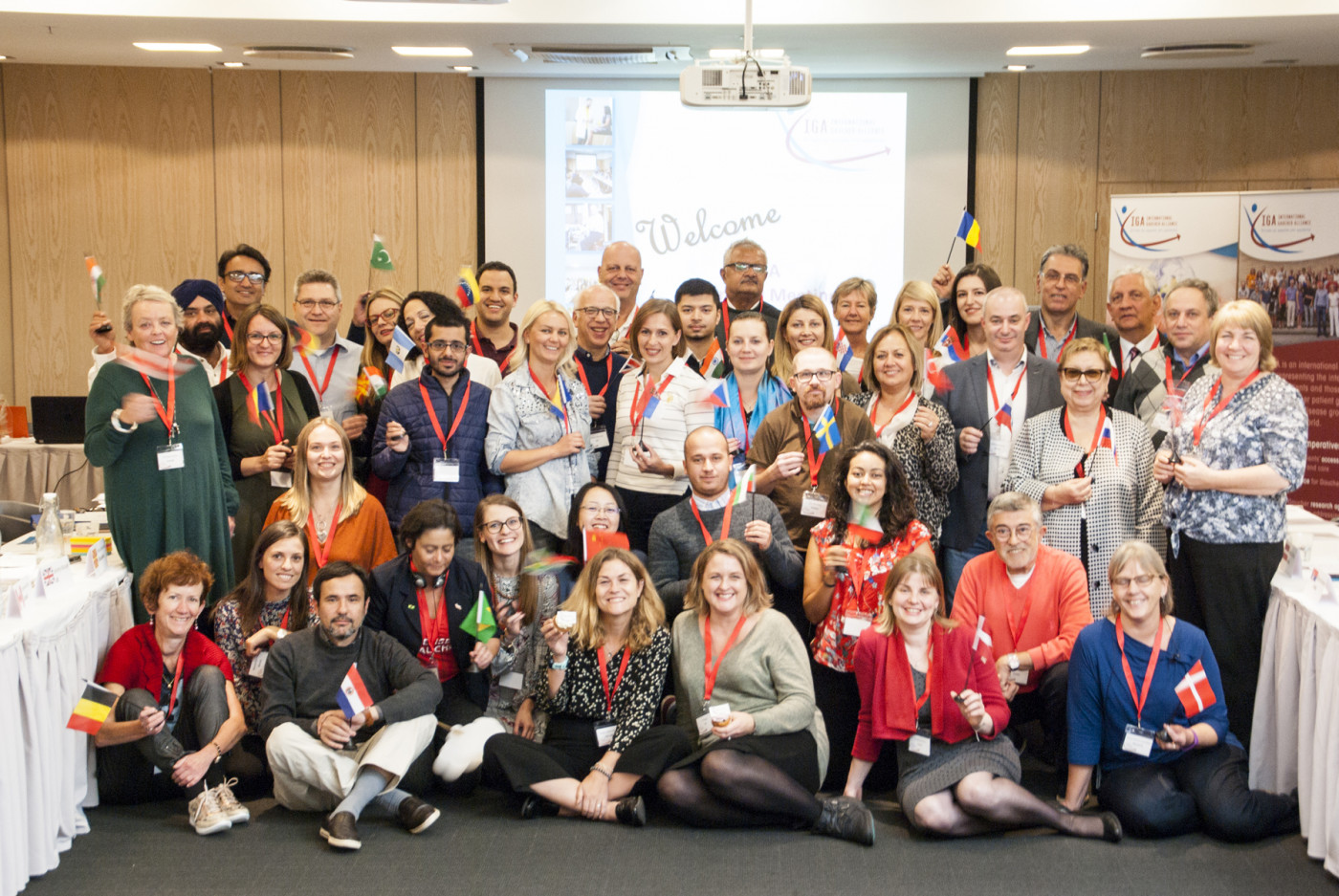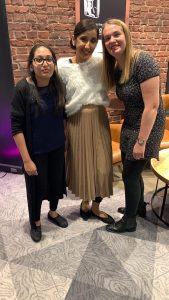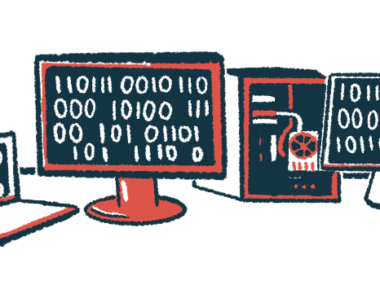IGA, Kantar Partner to Build Global Gaucher Registry for Type 2 and 3 Patients
Written by |

IGA delegates meet Oct. 15-17 in Riga, Latvia. (Photo courtesy IGA)
The International Gaucher Alliance (IGA), which includes members from 54 countries, has announced a partnership with the London-based data consulting company Kantar to manage its new patient registry for neuronopathic Gaucher disease, characterized by problems that affect the central nervous system.
Tanya Collin-Histed, who has led IGA as its CEO for the past 12 years, said this registry moves the Gaucher community one step closer to a treatment for Gaucher type 2 and type 3, the two neuronopathic forms of the disease. Enzyme replacement therapies for type 1 — which typically does not involve neurologic symptoms — have been on the market for nearly 20 years, but scientists have yet to develop a treatment that crosses the blood-brain barrier and can be effective in neuronopathic patients.
“The registry will mean that we can start to really understand our community and we can try and support the development of new drugs for the treatment of these patients,” said Collin-Histed, whose daughter, Maddie Collin, 25, has Gaucher type 3.
Michael Fronstin, Kantar’s global head of innovation and real world evidence, said his company’s mission to improve the lives of patients worldwide aligns with IGA’s disease-specific goal.
“It’s like coming together with friends and talking about how we can make a difference in the world by collaborating,” Fronstin said.
The registry will collect anonymized data — data with any potentially personally identifiable information removed — on natural history and patient symptoms, including clinical and patient-reported information.
Such data can then be used to help biotech companies measure the efficacy of new therapies in the development pipeline, validate new goals, and assist with regulatory and health technology assessments, according to a joint press release.
Among potential gene therapies for Gaucher disease, Freeline, in the U.K., is developing FLT-200. Meanwhile, scientists at the University College London — in collaboration with Apollo Therapeutics — are working on AAV9-GBA. In turn, Avrobio is conducting a Phase 1/2 trial (NCT04145037) testing its AVR-RD-02 gene therapy candidate in participants ages 16-35 with Gaucher type 1. This study is still recruiting in Australia and Canada, with additional clinical sites expected to open soon in the U.S. More information about contacts and locations is available here.
“Through this registry, we will be able to drive research and really affect people’s lives and hopefully give patients the opportunity to have a future,” Collin-Histed said.
In the U.S. and Western Europe, type 1 Gaucher — which is usually treatable — accounts for 90% of all Gaucher cases. Another 9% of patients have type 3, and the remaining 1% have type 2, which is generally fatal by age 2. However, the severity of type 3 patients varies, even within the same disease-causing mutation. More research is being done to explain why, and IGA’s patient registry might help answer that question.
IGA supports ‘patient-led registry’
The registry will draw mainly on clinical data reported by various facilities around the world that treat neuronopathic patients. IGA’s registry also will feature a portal in which patients can enter their personal information and get updates about clinical trials.
“The purpose is to raise awareness and serve as a research platform where we’ll be able to get evidence-based information that will help everyone advance disease management, design safer treatments, improve patient outcomes and help caregivers,” Fronstin said.
In that vein, Kantar hopes to use health information on phones and wearable devices as passive patient-reported outcomes (PROs). It might look like an app created to measure PROs, or a survey completed through an iWatch, though the specifics have yet to be fleshed out, Fronstin said.
Investments by partner companies interested in working in neuronopathic Gaucher disease can make the cost of the registry more manageable and reduce the fear of bias from the influence of a single sponsor. Biotech companies that sign onto the registry will have the advantage of accessing information from an existing, established database rather than creating their own.
While these companies will play a large role in the patient registry, Collin-Histed said it’s still a patient-led registry owned by the community. All data requests would be approved by a committee of patients and physicians.
IGA completed phase 1 of the registry, in partnership with Aparito, in 2019. Phase 1 identified the needs of a Gaucher patient registry through focus groups, one-on-one interviews, online surveys and roundtable meetings over the course of 21 weeks. Pfizer, Prevail Therapeutics, Sanofi Genzyme and Oxyrane met with IGA during this period and supported the phase 1 report.
Patients who want to join the registry should contact their local association or the IGA directly.





